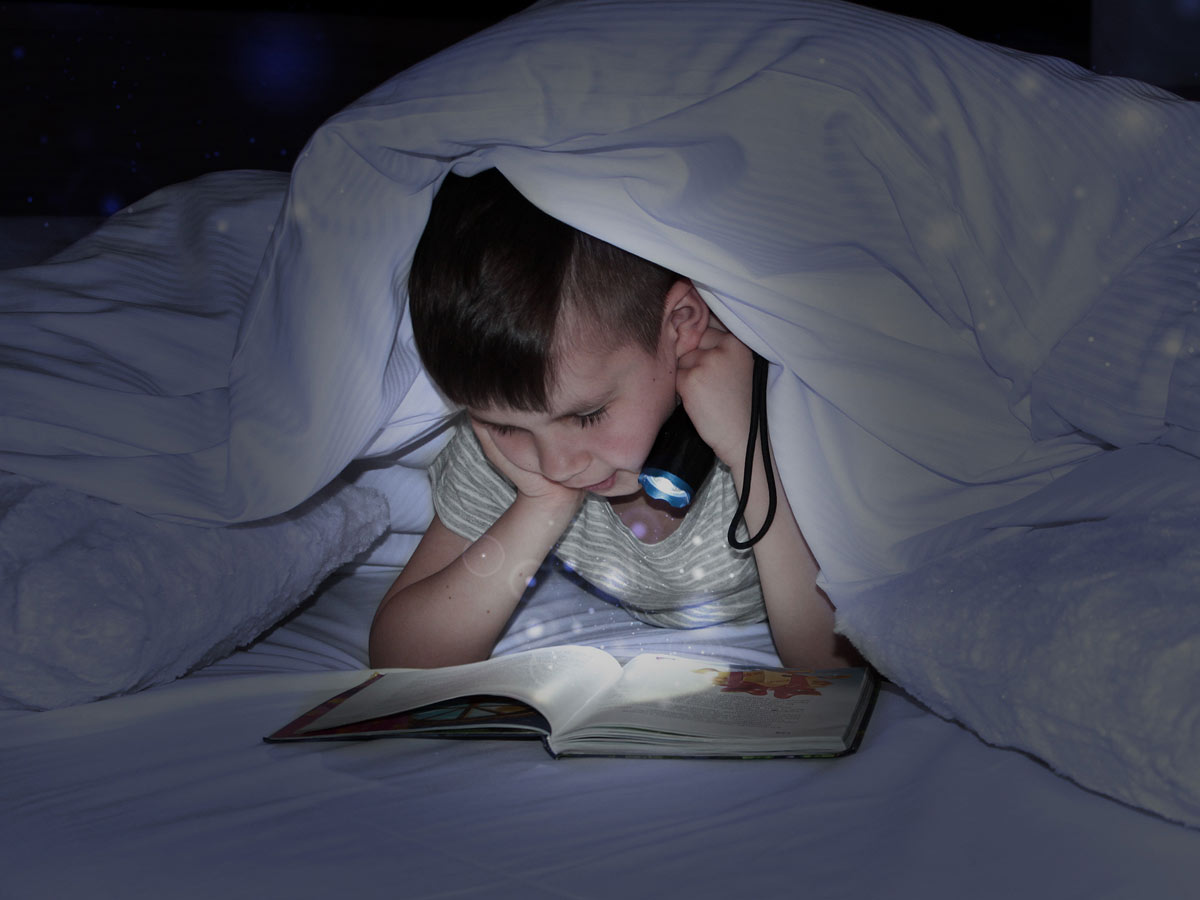If the forecast calls for storms or freezing rain, it could mean power outages. And with major storms, you may have a long wait before the power is restored. Here’s how to plan ahead and keep you and your loved ones safe.
Before the power goes out
You may not have time to do much on the day of the storm, so be ready:
- Stock up on food. Make sure you have enough non-perishable food to last 3 days.
- Fill water bottles. Calculate 2 litres of water per person, per day. Have extra water for cooking and cleaning.
- Have an emergency kit and keep it somewhere that’s easy to find in the dark. Your kit should include:
- Water
- Food
- Matches and candles
- A flashlight and batteries
- A wind-up or battery-powered radio
- A manual can opener
- First aid kit
- Blankets
- Charge all your devices ahead of the storm.
- Fill up your gas tank.
- Check your fridge so you can avoid eating food that’s gone bad.
While the power is out
- Switch off all your lights.
- Keep your refrigerator and freezer doors closed as much as possible, so food stays cool longer.
- If you have a generator, never run it inside your home or garage—keep it outdoors, at least 20 feet away.
- Never use a gas stove to heat your home—it could produce deadly carbon monoxide.
- Use candle holders and never leave lit candles unattended.
- Unplug all your electronics and appliances or use a surge protector for sensitive electronics like your TV and computer to prevent a power surge when power returns.
When the power is back on
If you turned off your main power switch, you can turn it back on now, just make sure your appliances are unplugged to prevent a power surge.
- Wait 10 to 15 minutes before reconnecting appliances and equipment – you’ll want to give your home’s electrical system a chance to stabilize.
- Watch out for water: don’t use any electronics that have become wet, or if you’re standing in water.
- Beware before eating any food from your fridge. During the power outage, some foods may have become unsafe to eat so make sure to check for unusual smells or textures first.
- Don’t eat any food that’s had contact with flood waters.


